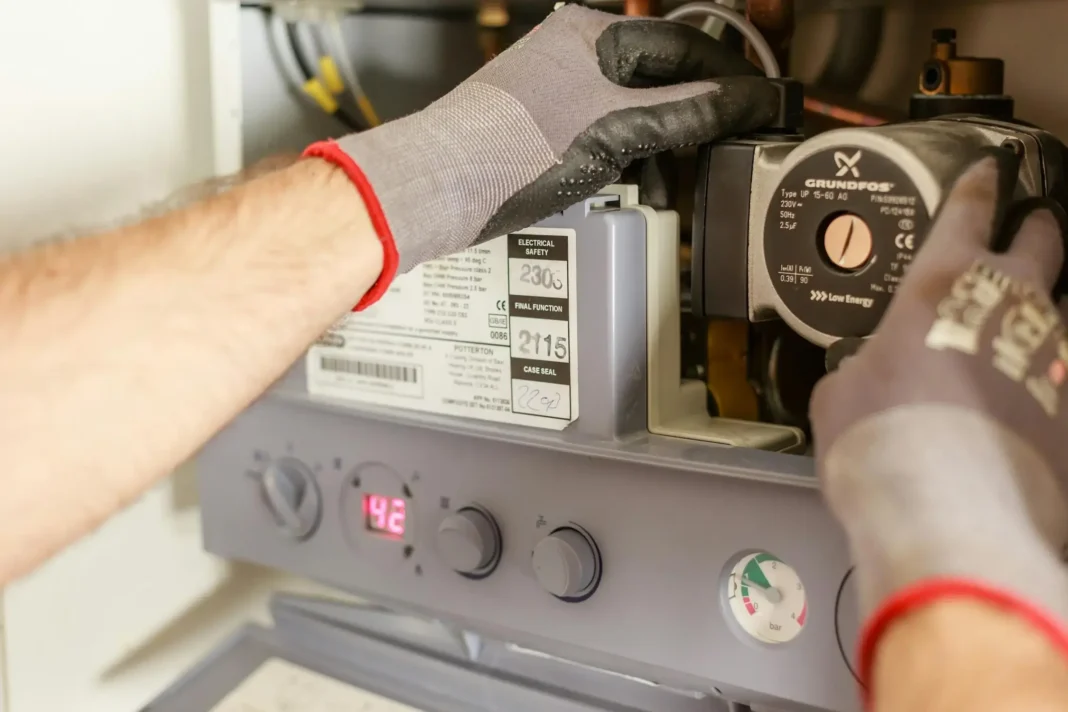HVAC systems are responsible for controlling the temperature and air quality inside your home for maximum comfort. Heating systems enable you to keep your house warm during cold seasons. These systems can also cool your house down when it is extremely hot outside. Here are a few frequently asked questions about heating system installation:
How Do I Find the Right Size Unit?
Choosing the correct heating system size for your home is key to its energy and cost efficiency. An undersized heating system will not suffice for a large house. It will have to run for longer hours to achieve the temperatures you’ve preset on the thermostat. A professional HVAC technician analyzes and surveys your house to determine the most suitable size. Factors that affect a heating system’s size include home size, insulation, and climate changes throughout the year.
What Is Involved in the Installation Process?
The first step is to consult with your HVAC company and plan for the installation of the heating system. Your HVAC company designs the heating system’s building plans and sets the installation dates. The central heating system is installed at the most strategic position in your home. Ductworks are then interconnected, creating a clear path for air passage in and out of the house.
What Are the Different Types of Heating Systems?
There are various types of heating systems with different features and energy capacities. These include heat pumps, furnaces, boilers, hybrid heaters, and in-floor radiants. Complex heating systems are meant for commercial buildings, while simpler ones best suit residential homes.
What Is a SEER Rating?
The SEER rating of a heating system refers to its ability to be energy efficient. It’s calculated by dividing a heating system’s cooling capacity by its total energy consumption. A higher SEER rating on a heating system means the heating unit is more energy-efficient.
What Maintenance Practices Should I Implement?
Heating systems must be properly maintained to increase their durability and to function efficiently. Most HVAC companies offer maintenance packages to inspect your heating system regularly for faults. Maintenance practices include filter, thermostat, duct, fuel line, and central heating system inspections or repairs.
How Long Is the Installation Process?
The installation period varies according to the heating system’s complexity and the method used. Heat pumps for residential homes take only a few hours to install. Ductless heating systems can take less time than regular heat pumps. Commercial heating systems also take several days to complete.
Are Permits Required?
Building permits are necessary to guarantee safety and avoid legal conflicts with your local authorities. A building permit can be acquired from your local building and safety department by your HVAC company. It’s also sometimes required for old HVAC system replacements. A legitimate building permit allows your HVAC company to conduct a smooth heating system installation process.
Schedule Your Heating System Installation
Heating systems provide you with comfortable temperatures inside of your home or office space. Proper installation also helps prevent future issues with filters and other components. Install a new heating system or replace your old HVAC system with help from a dependable HVAC company today.




